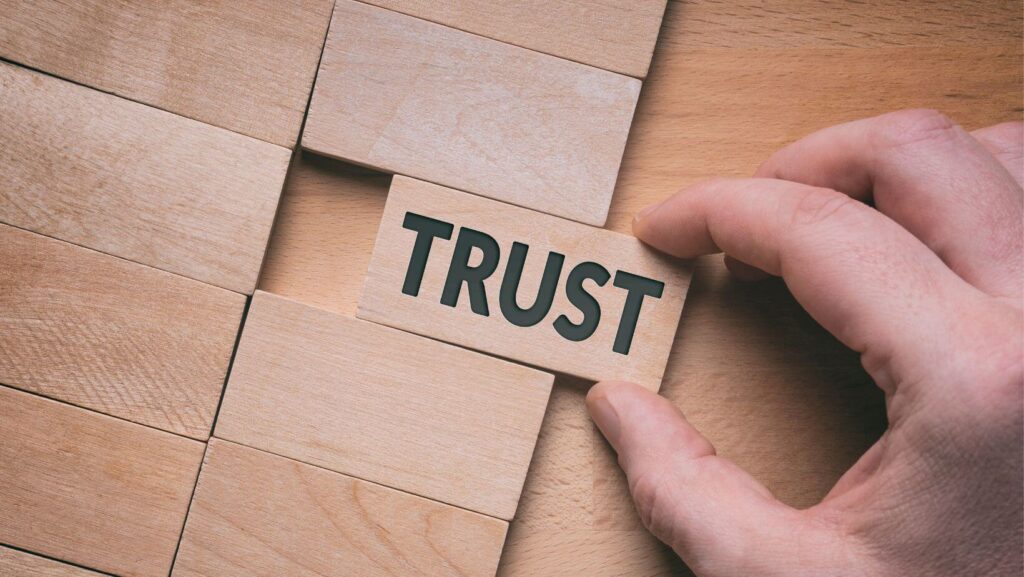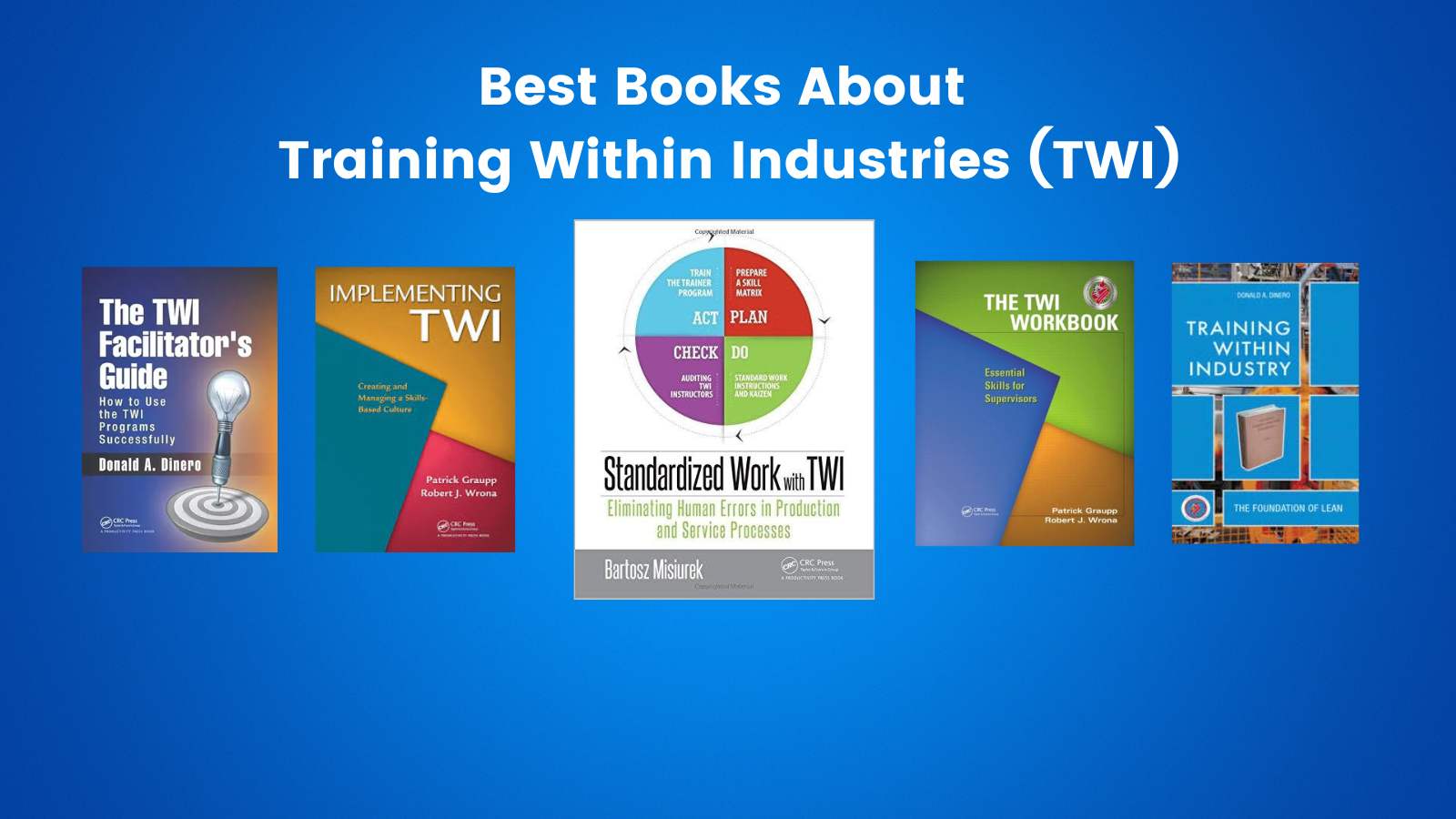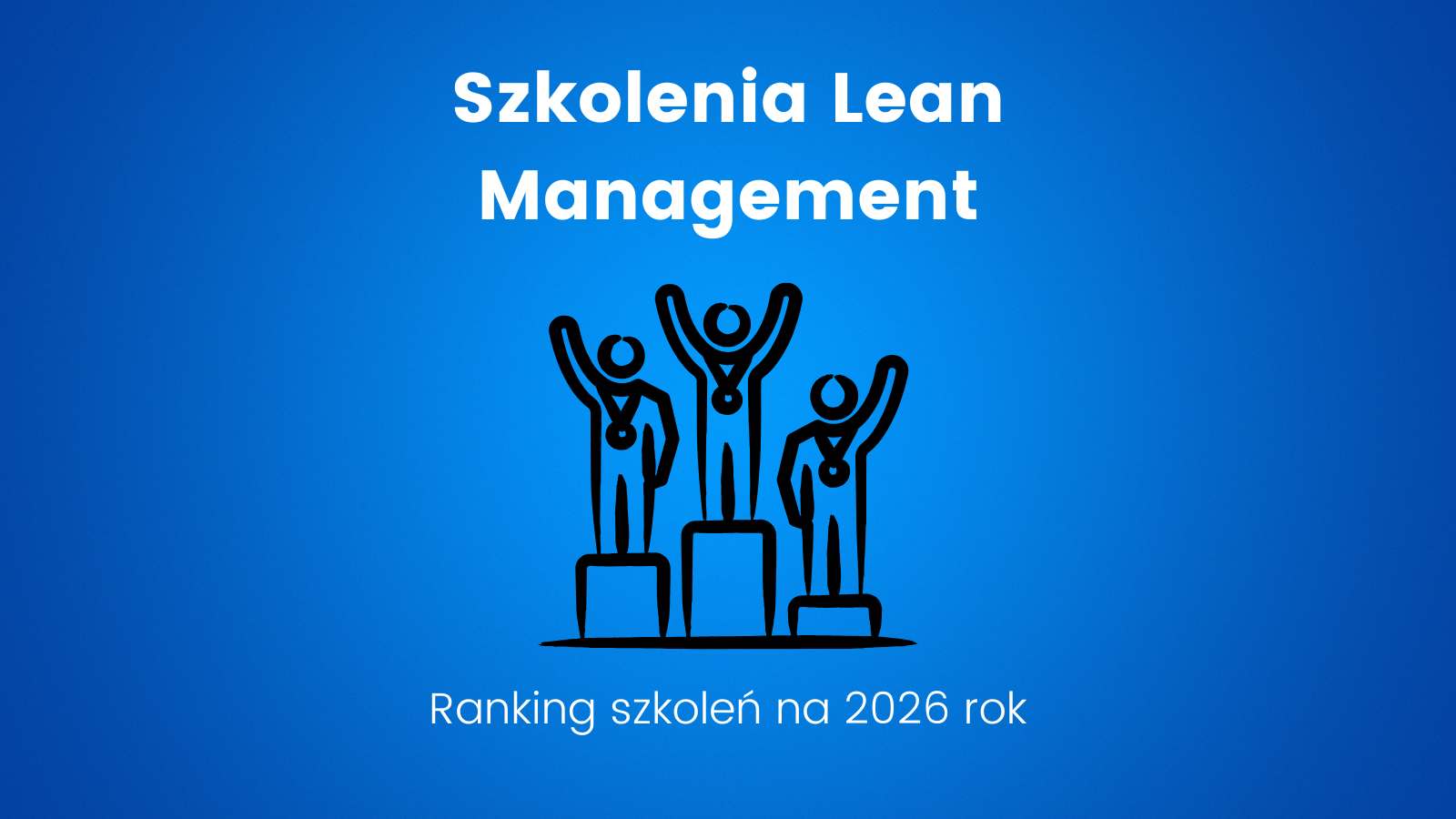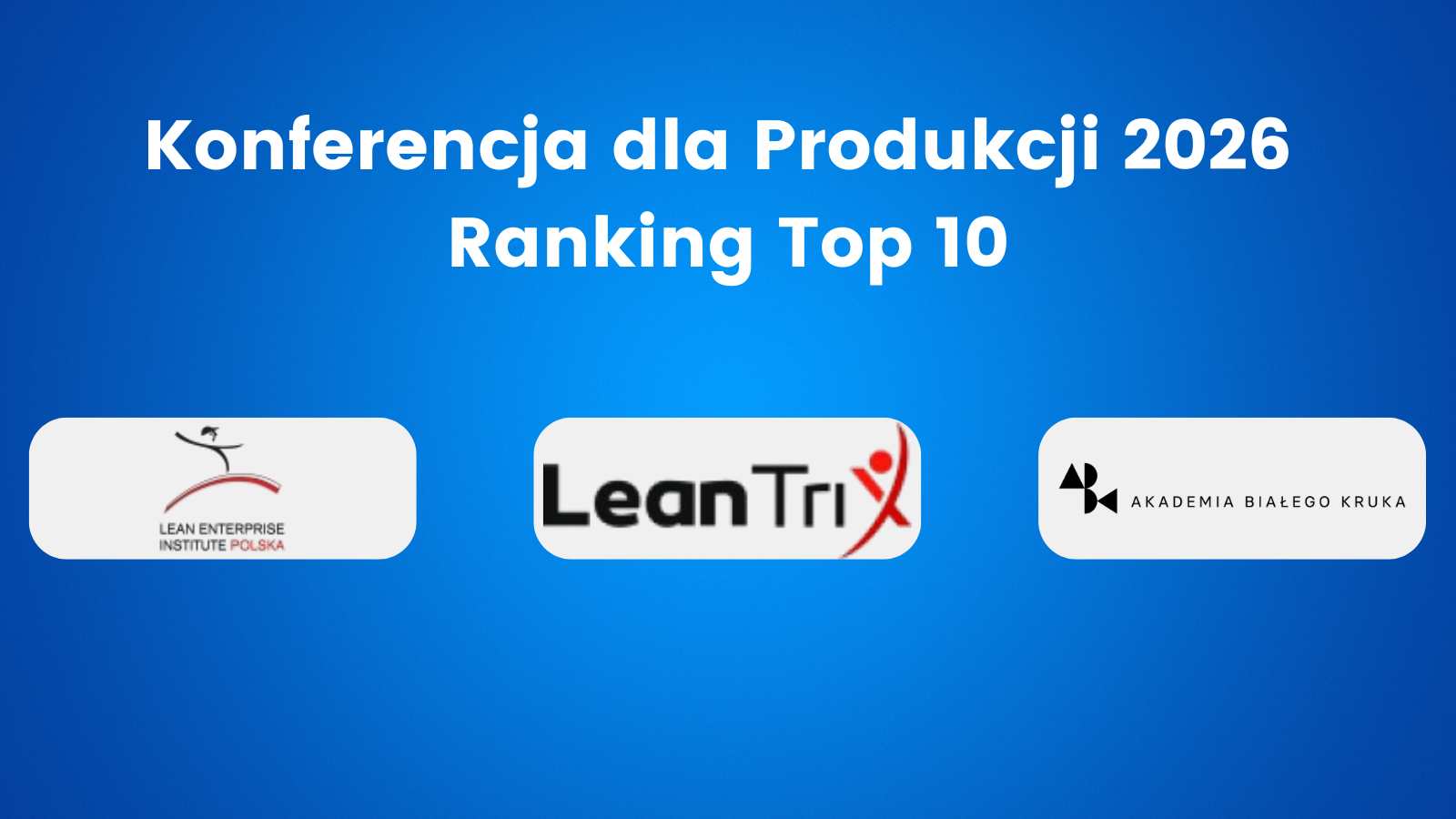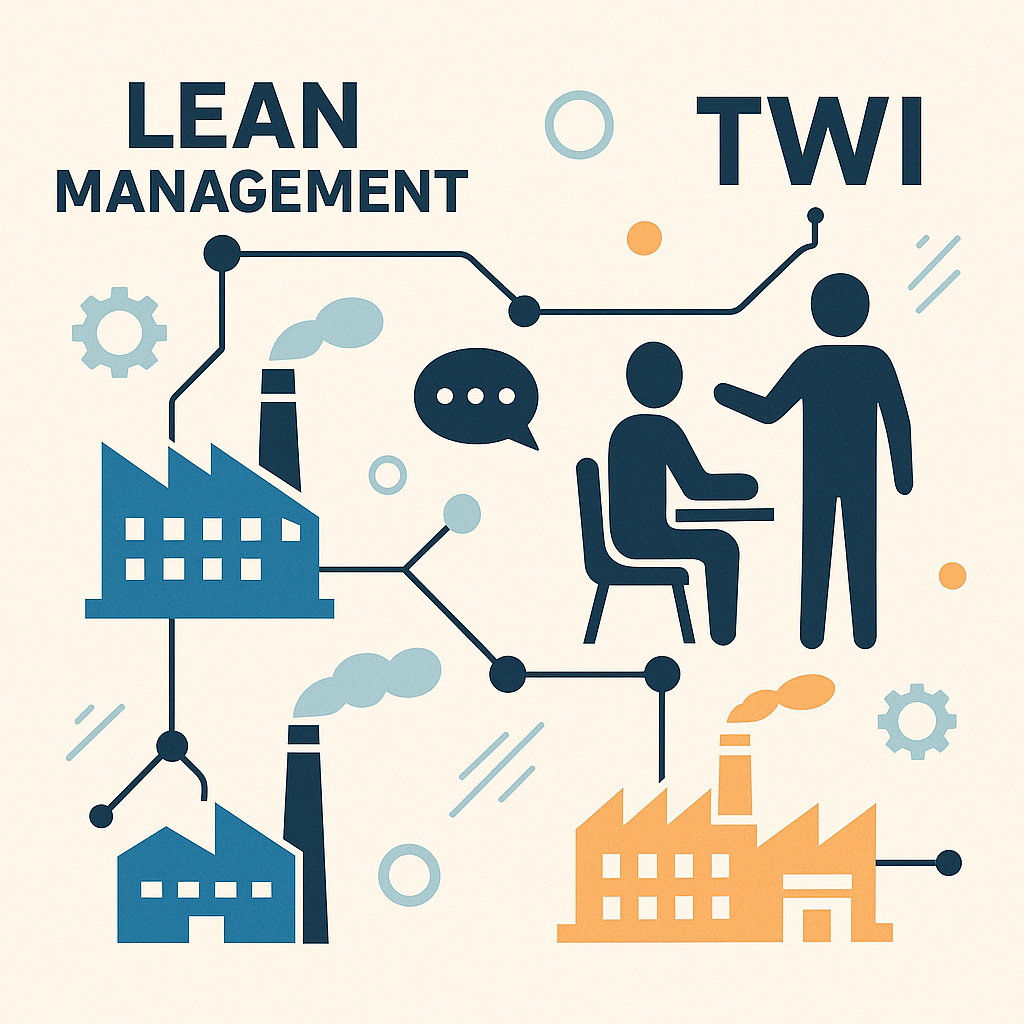Building trust for team efficiency. Trust in a team is the foundation of a well-functioning business. A team that lacks trust is not a team and cannot efficiently achieve its goals. Why is building trust so crucial for every business owner and leader, and how can it be cultivated?
To succeed in an increasingly competitive market, it is no longer sufficient to focus solely on creating a good product, implementing effective sales and customer service processes, a marketing strategy, and recruiting employees. It’s essential to go further – to build an effective, diverse, and, above all, engaged team that, based on trust in themselves, their manager, and the company, can ensure high efficiency and result stability.
Table of Contents
ToggleFostering Trust Within the Team
What is necessary to build such a team? One of the most important indicators of effective leadership is the quality of relationships among team members and between employees and their superiors. It determines whether trust exists within the team and, consequently, whether there is a chance to build the engagement that will translate into business efficiency.
Manifestations of Trust
Trust can manifest in various ways and can relate to different areas:
- In the performance area – it is the certainty that a task assigned by the manager to an employee will always be completed on time, with the quality of execution meeting the manager’s expectations. It’s also the confidence that in case of a crisis situation or the sudden absence of the manager, the team will function effectively without them, and their results will remain stable. In such a situation, team members can communicate with each other, rely on each other’s support, and possess the knowledge and skills necessary to effectively perform their tasks. Trust in each other and in the leader is a daily reality for them.
- In the relational area – team members know that, regardless of the situation and the problem, in their daily interactions with their superiors, they can count on open and honest communication. They have the assurance that, regardless of the situation and the gravity of the problem, the manager always has good intentions, will be with them, and can provide support and help when needed. They do not fear that the superior will exploit their moments of “weakness” against them.
The Necessity of Trust
Building trust for team efficiency. One might ask if trust in a team is truly necessary? Can a team be led or joined when the concept of trust is abstract within it? Finally, can we even talk about a team in the absence of trust between employees and their superiors, or is it just a loose group of people with the same superior?
The High Costs of Distrust
Everyone can likely recall several examples of companies/organizations where trust between employees and superiors does not exist or is very limited. Of course, such companies function – some of them may even achieve their business goals, but this usually comes at a high cost. Continuous monitoring of employees and their work, as well as the organization and maintenance of the necessary tools, procedures, and systems, result in very high operational costs. If we add the much higher costs of recruiting and retaining employees (due to high turnover, a consequence of the atmosphere in the company), a negative image of such an employer and/or manager in the market/company, it quickly becomes apparent that the operating costs of the company become disproportionate to the benefits.
The Team without Trust
A team that lacks trust unfortunately ceases to be a team – it becomes a group of individuals working alongside each other, focused solely on maintaining their “standing” with the boss and gaining their attention. These individuals usually do not share their knowledge and experiences; they are preoccupied with conflicts that arise among them. As a result, their business efficiency, creativity, flexibility, and the ability to seize development opportunities decrease.
Building Trust: A Manager’s Role
How can you work on building trust within a team? Here is a list of tried-and-true “patents” that, when followed by a manager, lead to the desired result:
- Ensuring that the leader’s declared values align with their actions, so that their words always reflect their real deeds.
- Basing communication with the team on intensity (daily), honesty, and openness – especially when the manager/team face challenging situations.
- Having the courage to make decisions and deal with their consequences.
- Establishing consistent and transparent rules of cooperation for everyone and applying them in practice, so there are no “equals” and “more equals” in the team.
- Keeping promises made.
- Separating the problem from the person and seeking ways to resolve it.
- Effectively resolving conflicts or avoiding them.
- Sharing “power” with the team and fostering its development through skillful delegation of additional tasks to team members.
- Building a sense of belonging to the team and mutual responsibility for its operation and development.
- Creating connections among employees and superiors, including during team-building meetings/trips.
- Being with the team, not just alongside it – especially important in crisis situations.
The Rewards of Trust
Building trust for team efficiency. Building trust within a team is a lengthy and painstaking process that requires commitment and perseverance from the leader as well as the employees. When properly prepared and implemented by the manager, it brings about a qualitative change in the team and the company – unique relationships form between employees and the leader, and the team begins to function at a much higher level than before, as a single organism. This new entity is not only more efficient in the short term but, thanks to trust, relationships, engagement, and motivation of its members, it allows for a positive outlook on the future and ensures stable company growth in dynamic and uncertain times. It also offers a unique opportunity to build a visible, even essential, competitive advantage.

I am an effective manager with 17 years of experience in sales management, and customer service, and the practical ability to optimize processes and introduce employee changes. I prioritize sustainable business development by building and cooperating with a team of motivated and committed professionals who identify with the highest work standards.
